Public health experts: Americans should be wearing masks in public amid coronavirus
This post has been updated with comments by President Trump.
When the coronavirus outbreak first hit in the U.S., public health officials urged most people to forego wearing a face mask. Not anymore: Experts are calling for masks or other facial covering in public as confirmed cases in the U.S. increase.
“I do think we need to have facial coverings for folks, so everyone has to wear one and we are protecting others from us,” Dr. Dena Grayson, an infectious disease specialist, told Yahoo Finance (video above).
Grayson stressed that normal people don’t need to wear N95 masks, the special respirator masks that “are really recommended for health care workers and first responders who are in close contact repeatedly with people who are COVID-19, the illness caused by this coronavirus.”
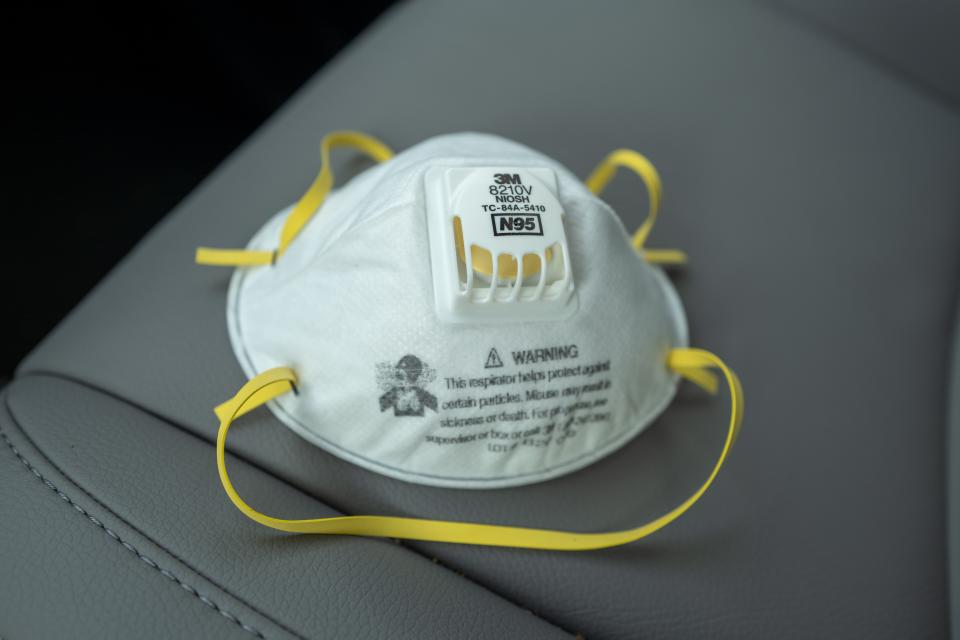
Jospeh Allen, the director of the Healthy Buildings Program at Harvard University’s T.H. Chan School of Public Health, wrote a Washington Post op-ed arguing for Americans to wear masks.
“The debate is over,” Allen wrote. “You should be wearing a mask when you go out.”
He added that doing so would “prevent the user from infecting others by acting as a physical barrier that will block large droplets from coughs and sneezes... protect you from others around you who might be sick... serve as a reminder not to touch your face... [and serve] as a vital social cue. You are sending a signal to others that there is a real threat out there.”
Given the mask shortage, Allen suggested that people make their own.
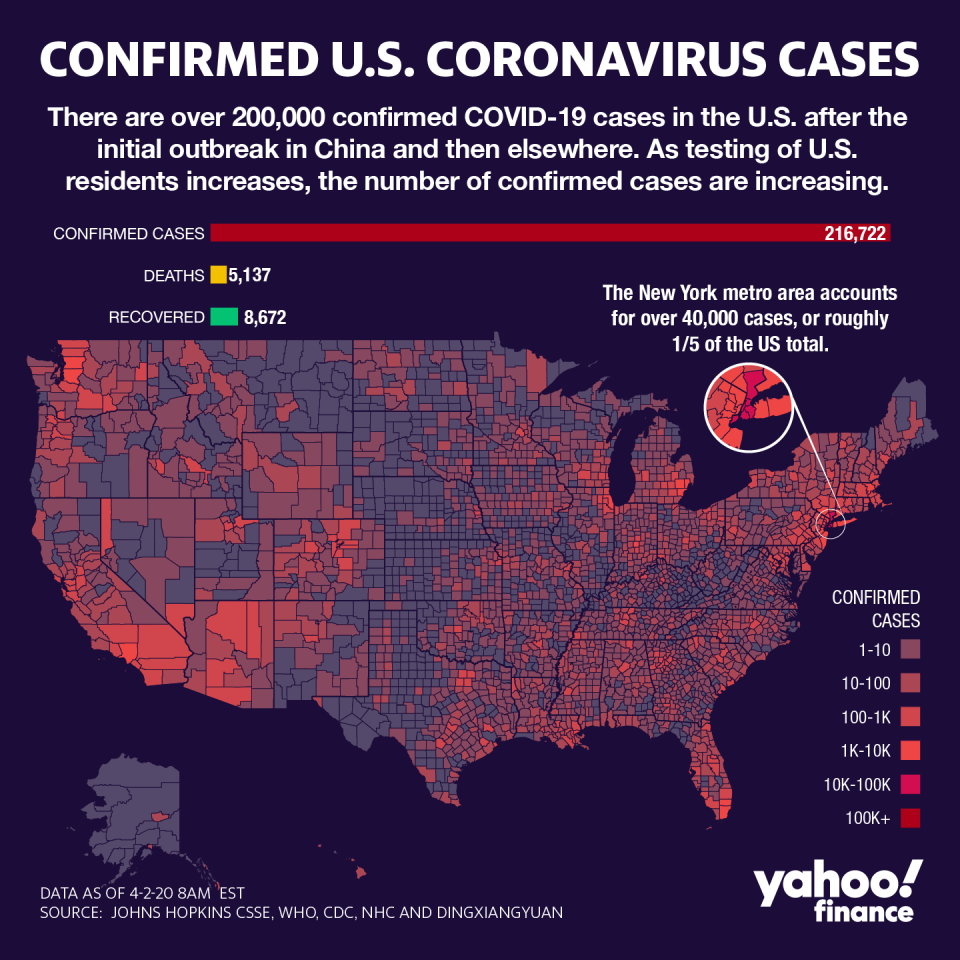
Asked about recommendations for Americans to wear masks in public on Thursday evening, President Trump stated: “I think [health officials] are going to be coming out with regulations on that, and... I don’t think they’ll be mandatory because I don’t think people want to do that. ... In many cases, the scarf is better. It’s thicker.”
The U.S. is currently experiencing a shortage of ventilators, testing kits, and proper face masks for health care workers. The mask shortage is tied to the H1N1 pandemic in 2009, which depleted the federal stockpile. Health Secretary Alex Azar has said that the U.S. needs at least 300 million masks for the current pandemic.
Dr. Rishi Desai, a former official for the Centers for Disease Control (CDC), told Yahoo Finance that N95 masks “are really the ones that help protect against small particles from getting into your airways, those are in short supply in hospital. And if you have one, that would be ideal to get over to a health care worker. Those are the folks who need it.”
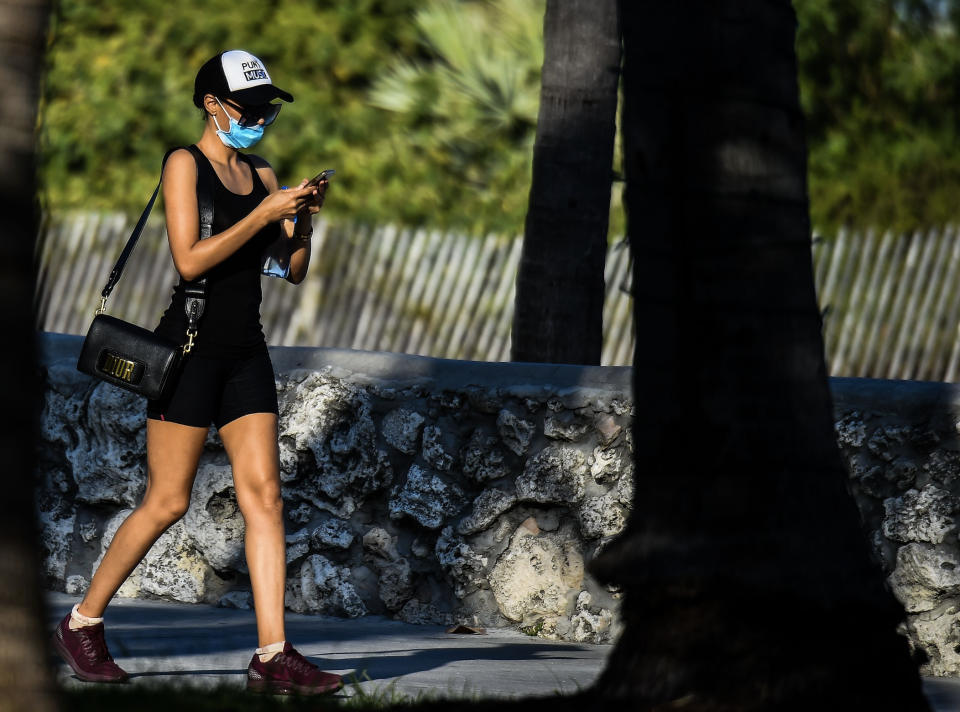
What changed? The science
Previously, the Center for Disease Control (CDC) stated that only those who are sick or caring for someone who is sick and unable to wear a mask should wear one themselves. The Surgeon General even tweeted on Feb. 29 for people to stop buying masks, saying “they are NOT effective in preventing general public from catching #Coronavirus.”
At the time, the U.S. was only starting to see coronavirus cases pop up. Now, it is the global leader in the number of cases at more than 200,000.
“The idea is that by everyone wearing a conscious sort of face covering, you are decreasing the amount of germs that you’re basically spewing into the environment,” Grayson said. “Certainly in other countries, especially in Asia, where we see much lower transmission rates of the virus, there is a lot of mask wearing.”
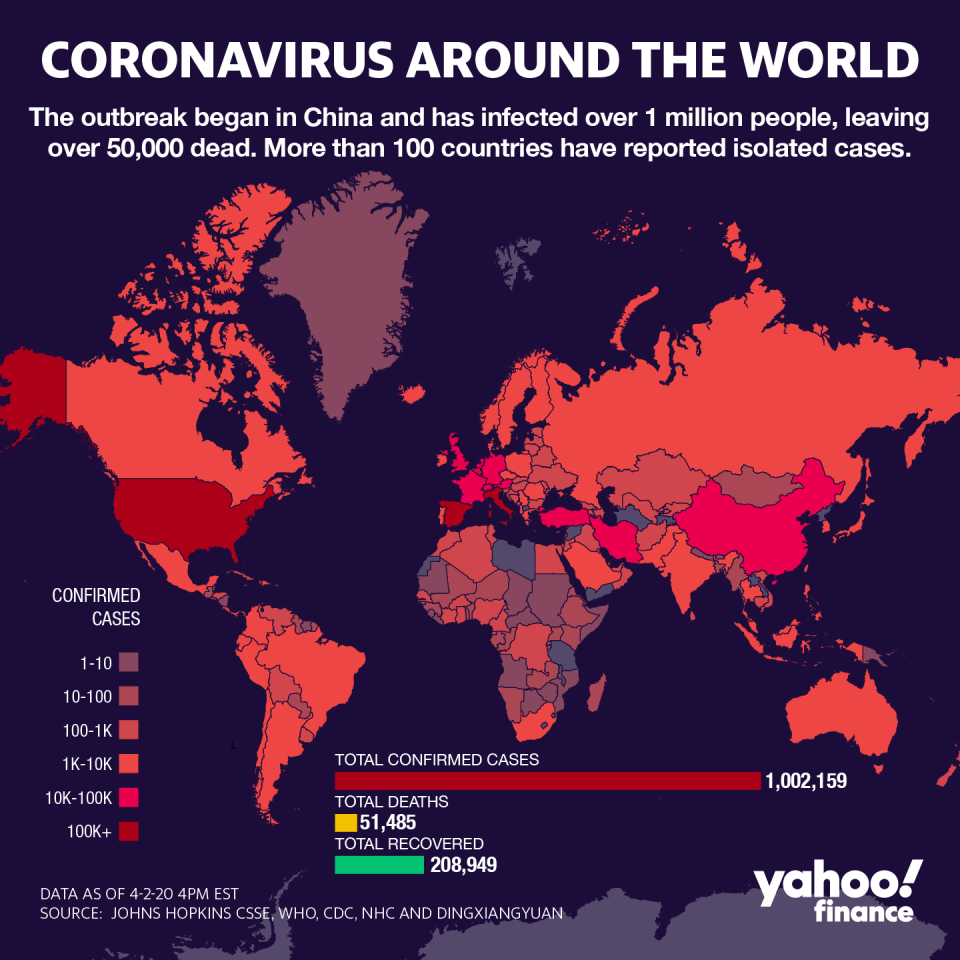
A scientific panel reportedly told the White House that research is indicating that the virus is spread not only by coughing or sneezing, but also just by talking or possibly even breathing.
“While the current [coronavirus] specific research is limited, the results of available studies are consistent with aerosolization of virus from normal breathing,” Committee Chairman Dr. Harvey Fineberg said.
And CDC Director Robert Redfield recently revealed that as many as 25% of individuals could be asymptomatic carriers of the coronavirus. Desai noted that the U.S. is likely going to start seeing government support for everyone wearing masks, due to the number of asymptomatic individuals.
“By wearing a mask, what it really comes down to is: Does that help prevent you from touching your face?” he said. “And I think overall, the answer’s gonna be Yes. Generally speaking, when you have a mask on your face, it prevents you from touching your face.”
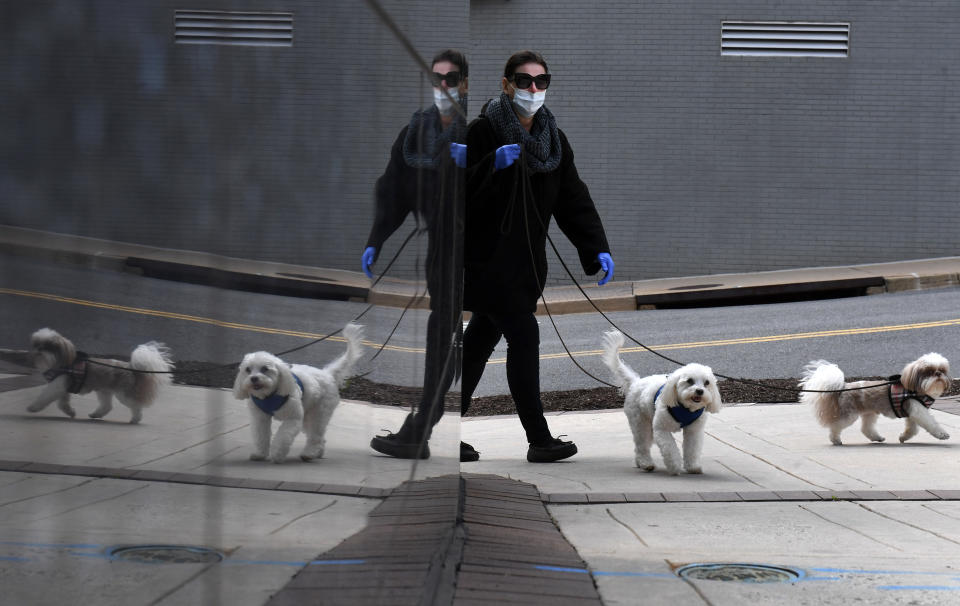
More and more states have implemented mandatory stay-at-home measures aimed at containing the spread of the coronavirus and preventing health care professionals from being overwhelmed with patients. But for those who need to go outside for essential activities like grocery shopping or visiting a doctor, masks could make it feasible to venture outdoors without being at major risk of catching the virus.
“The masks are helpful in terms of decreasing spread in the community,” Dr. Tom Tsai, a health policy professor at Harvard University, said on Yahoo Finance’s YFi PM.
At the same time, Tsai added, “what’s better than wearing masks outside is staying at home inside and decreasing the risk of transmission.”
Adriana is a reporter and editor for Yahoo Finance. Follow her on Twitter @adrianambells.
READ MORE:
Coronavirus: Trump administration decides against nationwide special health care enrollment
Coronavirus hospital bills: A look at the costs for Americans
Coronavirus: U.S. health care workers 'taking it one minute at a time' as deaths rise
Read the latest financial and business news from Yahoo Finance
Follow Yahoo Finance on Twitter, Facebook, Instagram, Flipboard, SmartNews, LinkedIn, YouTube, and reddit.

 Yahoo Finance
Yahoo Finance 